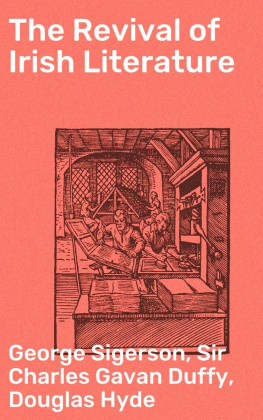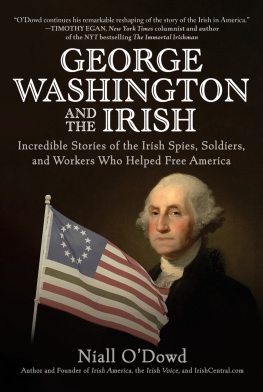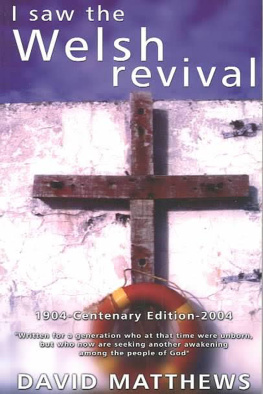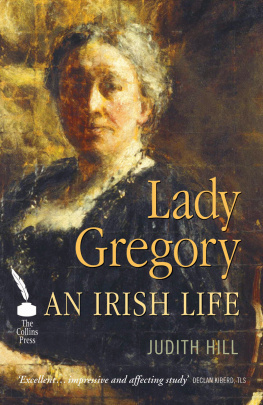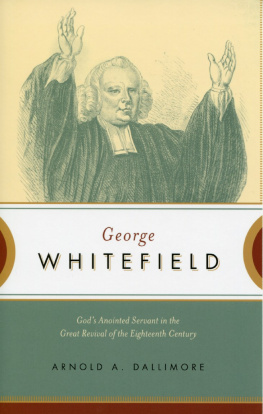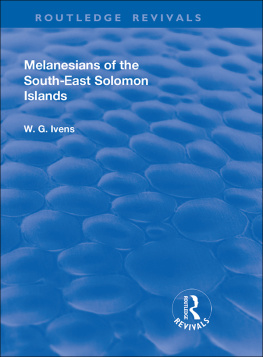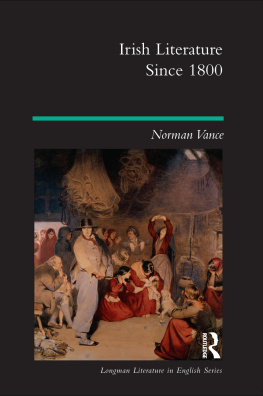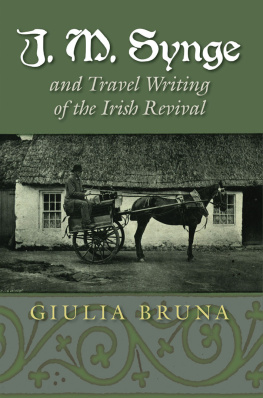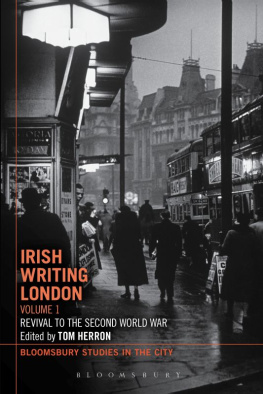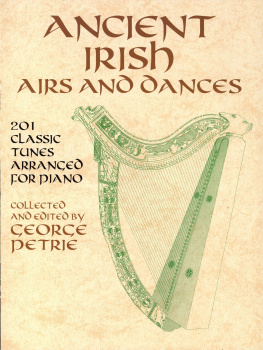TWO ADDRESSES
Table of Contents
DELIVERED BEFORE
THE IRISH LITERARY SOCIETY,
LONDON,
IN JULY, 1892, AND JUNE, 1893,
Table of Contents
BY THE PRESIDENT,
The Hon. Sir CHARLES GAVAN DUFFY ,
K.C.M.G.
Table of Contents
WHAT IRISHMEN MAY DO FOR IRISH LITERATURE.
Table of Contents
Speaking to a Society of young Irishmen who love their country and burn to serve her, I am tempted to broach a subject which has long lain in my mind, waiting for the fit audience.
The famine of 1846 paralysed many forces in Ireland, and none more disastrously than our growing literature. How little has been done in the region of mind since that calamity, and by what isolated and spasmodic efforts? The era on which the famine fell was intellectually a singularly fruitful one. A group of young men, among the most generous and disinterested in our annals, were busy digging up the buried relics of our history, to enlighten the present by a knowledge of the past, setting up on their pedestals anew the overthrown statues of Irish worthies, assailing wrongs which under long impunity had become unquestioned and even venerable, and warming as with strong wine the heart of the people, by songs of valour and hope; and happily not standing isolated in their pious work, but encouraged and sustained by just such an army of students and sympathisers as I see here to-day. The famine swept away their labours; and their passionate attempts to arrest and redress the destruction which the famine inflicted, delivered them over to imprisonment and penal exile. Their incomplete work, produced amid the tumult and conflict of a great political struggle, has been a treasure to two generations of Irishmen; and it supplied the impulse of work which rivalled their own. The publisher of Petries Round Towers, and John ODonovans translation of The Four Masters, assured me that he could not have ventured to issue books so costly, but for the enthusiasm kindled in the public mind by the young nationalists, and Butt and Lefanu, who at that time were strict Conservatives, confessed that while writing The Gap of Barnesmore and The Cock and Anchor, they constantly thought how welcome such works would be to Young Irelanders. The patriots library has not been burthensome in latter times. But Moores melodies, Griffins and Banims novels, the histories of MacGeoghegan and Curry, and the writings of these young men have been a constant cordial to the sorely-tried spirit of our people. Since their day, individual writers have done useful work from the unquenchable desire God has planted in mens heart to serve their own race, but there has been no organised attempt to raise the mind of the country to higher and more generous ideals of life and duty, or to quicken its interest in things which it behoves us to know. No nation can with impunity neglect the mind of the growing generation, the generation which after a little time will guide its counsels and guard its interests. The thought which has long haunted my reveries, and which I desire to speak out to-day, is thisthat the young men of your generation might and should take up anew the unfinished work of their predecessors, and carry it another stage towards the end which they aimed to reach. Why should they not? Every generation of men furnishes its own tale of thinkers and workers. The mind of Ireland has not grown barren, nor can I believe that it has grown indifferent, though public cares have diverted it away from intellectual pursuits. There are men, I do not doubt, fit and worthy and willing to undertake such a task.
Have you reflected on all we have lost, and are losing by the subsidence of the intellectual enthusiasm of half a century ago? It is not alone that we are deficient in knowledge essential to equip us for the battle of life by an acquaintance with the character, capacities, and history of our own country; but, far worse than that, the mind of the generation destined some day to fill our place, the youthful mind which used to be kindled and purified by the poetry and legends of Ireland, runs serious risks of becoming debased, perhaps depraved, by battening on literary garbage.
I have made inquiries, and I am assured that the books chiefly read by the young in Ireland are detective or other sensational stories from England and America, and vile translations from the French of vile originals. It is for the moralist, and indeed for all of us who love Ireland, to consider whether the virtues for which our people were distinguished, purity, piety, and simplicity, are not endangered by such intellectual diet. I have been vehemently warned that these detestable books can only be driven out by books more attractive, and I will not dispute the proposition. There are histories and biographies that delight the student, there is a poetry that is an inspiration and a solace to healthy minds, which it would be useless, I admit, to offer to young men accustomed to the dram-drinking of sensational literature. To them, at any rate, you must bring books which will excite and gratify the love of the wonderful, and carry them away from the commonplace world to regions of romance. And why may not this be done? Why may there not be opened to them a nobler world of wonder, the story of transcendent achievements, the romance of history, the fairy tales of science? In the dominion of intellectual wonders there are many fair fields, and only one corner which is a stagnant fen. To the student, using that word in the wide sense which covers all who study, you must bring solider and more attractive offerings than the things you ask him to reject, and, again I ask, why should you not?
It may be demanded: where are the writers to supply these captivating books? Let me ask, Where, in 1840, were the writers who were exciting universal enthusiasm in 1843? Like them, the men of the future are consciously or unconsciously preparing for their task; they are waiting the occasionoccasion which is the stage where alone great achievements are performed. I could name, if it were needful, a few writers not unworthy to succeed the men of 43, but their work will speak for them. I prefer to say that if there were not one man of genius left of the Irish race, there are already materials sufficient to furnish useful and delightful books for half-a-dozen years.
With a memory running back over six decades of reading, I confidently affirm that there are scattered in magazines and annuals, in luckless books neglected in the hurry of our political march, in publications the very names of which are forgotten by the present generation, Irish stories of surpassing interest, fit to win and fascinate young Irish readers, which would not degrade or debase them, but make them better men and better Irishmen. And in the other domains of intellect, Irish writers living in or belonging to a country where unhappily there was no market for books, carried their work to periodicals where it has lain interred for generations. How many rare and interesting books there are of which we have lost all trace and memory! I put lately into the hands of a friend of large intellectual appetite half-a-dozen little volumes of which he had never heard. This, I said, pointing to the first, was written by a Presbyterian minister, who describes with infinite humour the relations between the squire and the peasant a hundred years ago, and it is almost as true to-day as it was then. The writer was hanged as a rebel in 98 by the very squire whom he had depicted, but his little book is read with enthusiasm to this day by northern farmers who call themselves Orangemen and Unionists. This second volume, I said, is the first poem written by Bulwer Lytton, and the hero is an ONeill who rallied his nation against England. Heres a brochure on the Land Question, published in America fifty years ago by a poor exiled Irishman, which anticipates the alarming proclamation of first principles by Fintan Lalor and Henry George, and it is as unknown in Ireland as the lost books of Livy. I do not suggest that you should publish these books or any of them, but surely they are finger-posts pointing to an unexplored territory. While I am speaking of the resources for a popular library, which we have in hand, I may say that one-third of the writings of Thomas Davis or Clarence Mangan has not been collected in volumes. Daviss most remarkable achievement as an historian, The Patriot Parliament he calls itnot the Parliament of Grattan, but the Parliament of Tyrconnell, was prepared for publication by his own hand, and it has remained without a publisher for two generations. Nothing of the miscellaneous writings of John Blake Dillon, John OHagan, Thomas Meagher, or Charles Kickham, have been gathered into books. And how much of the wealth of our ancient Gaelic literature still lies buried in untranslated MSS., or in the transactions of learned societies.


